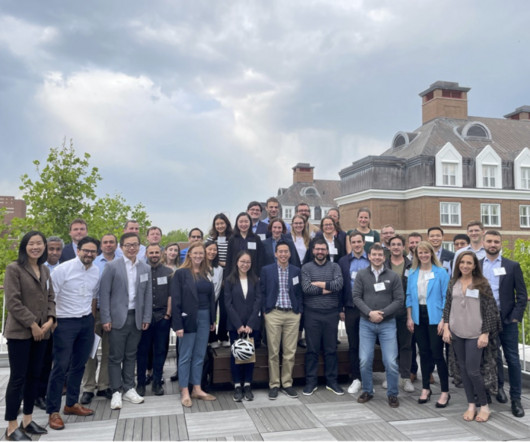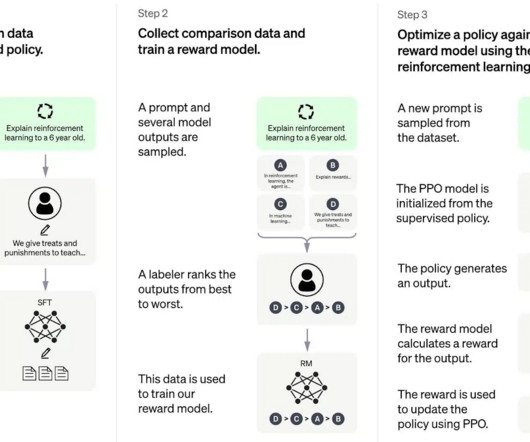The Board has no Time to Waste: TTAB Highlights Importance of Correctly Submitting and Categorizing Evidence in Proceedings
LexBlog IP
NOVEMBER 3, 2023
RLP submitted almost 1000 pages of trial exhibits completely under seal and did not provide the relevant public and redacted versions required by the Board. In its decision, the Board discussed the importance of properly categorizing and filing evidence, especially confidential and/or self-authenticating evidence.























Let's personalize your content